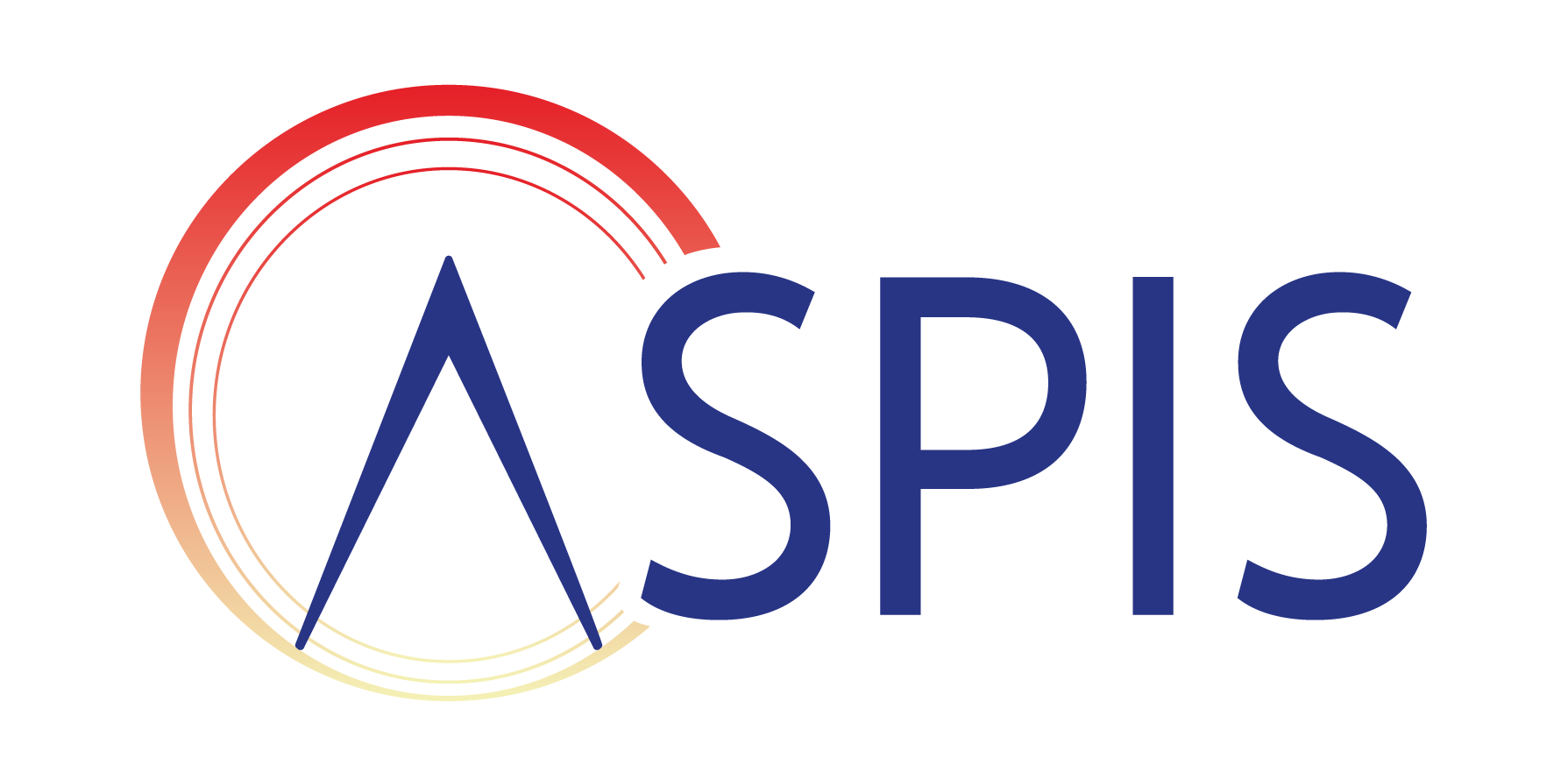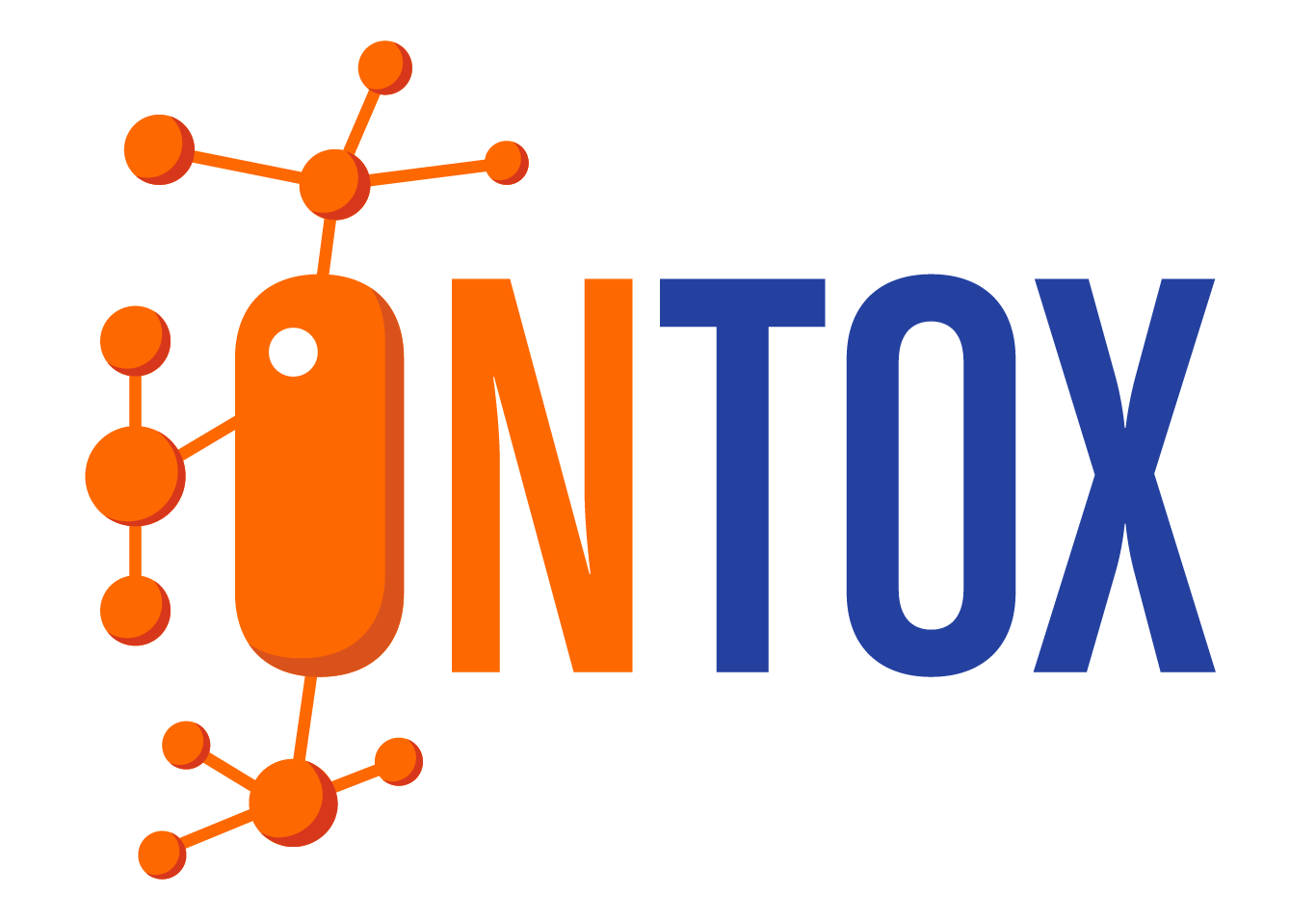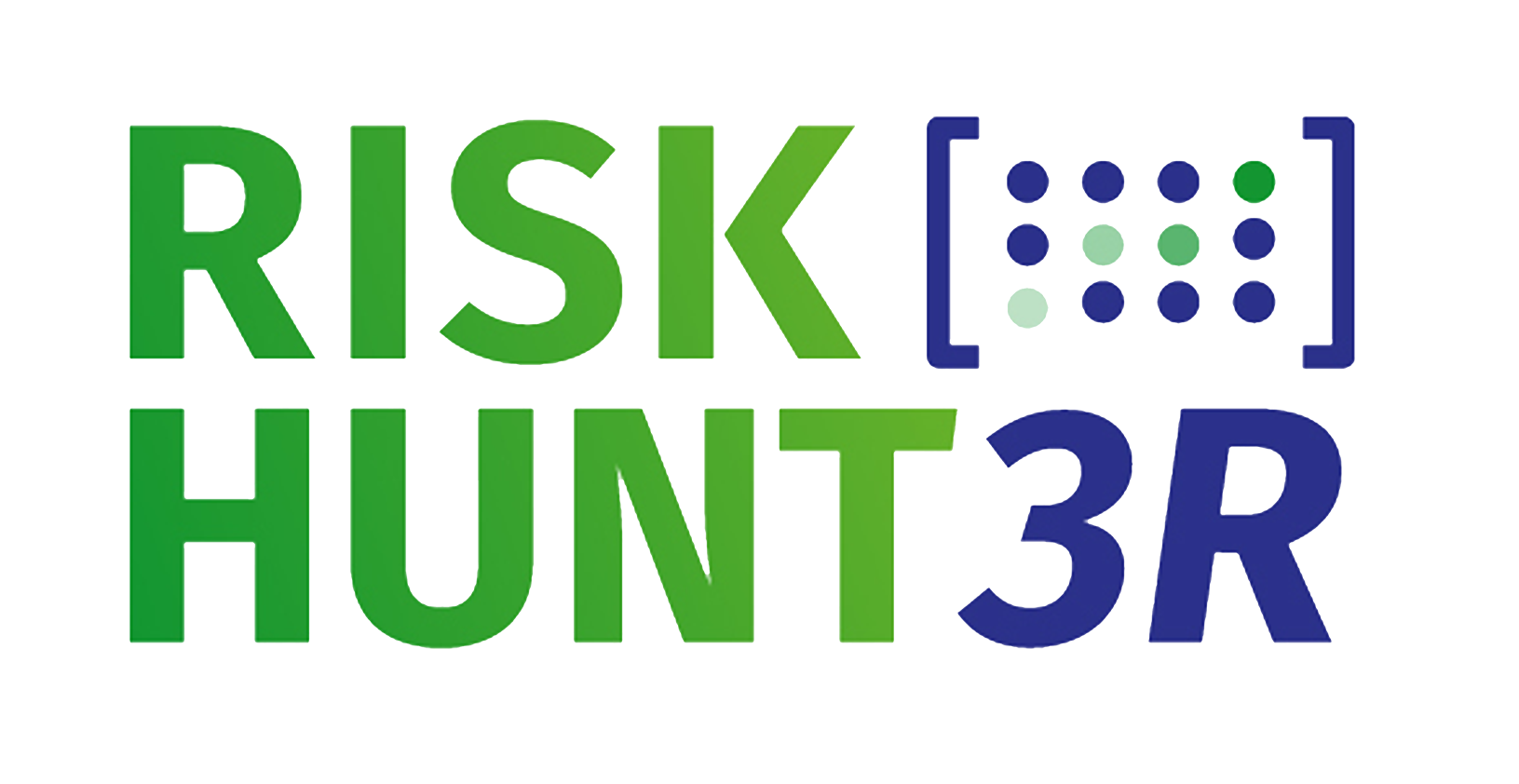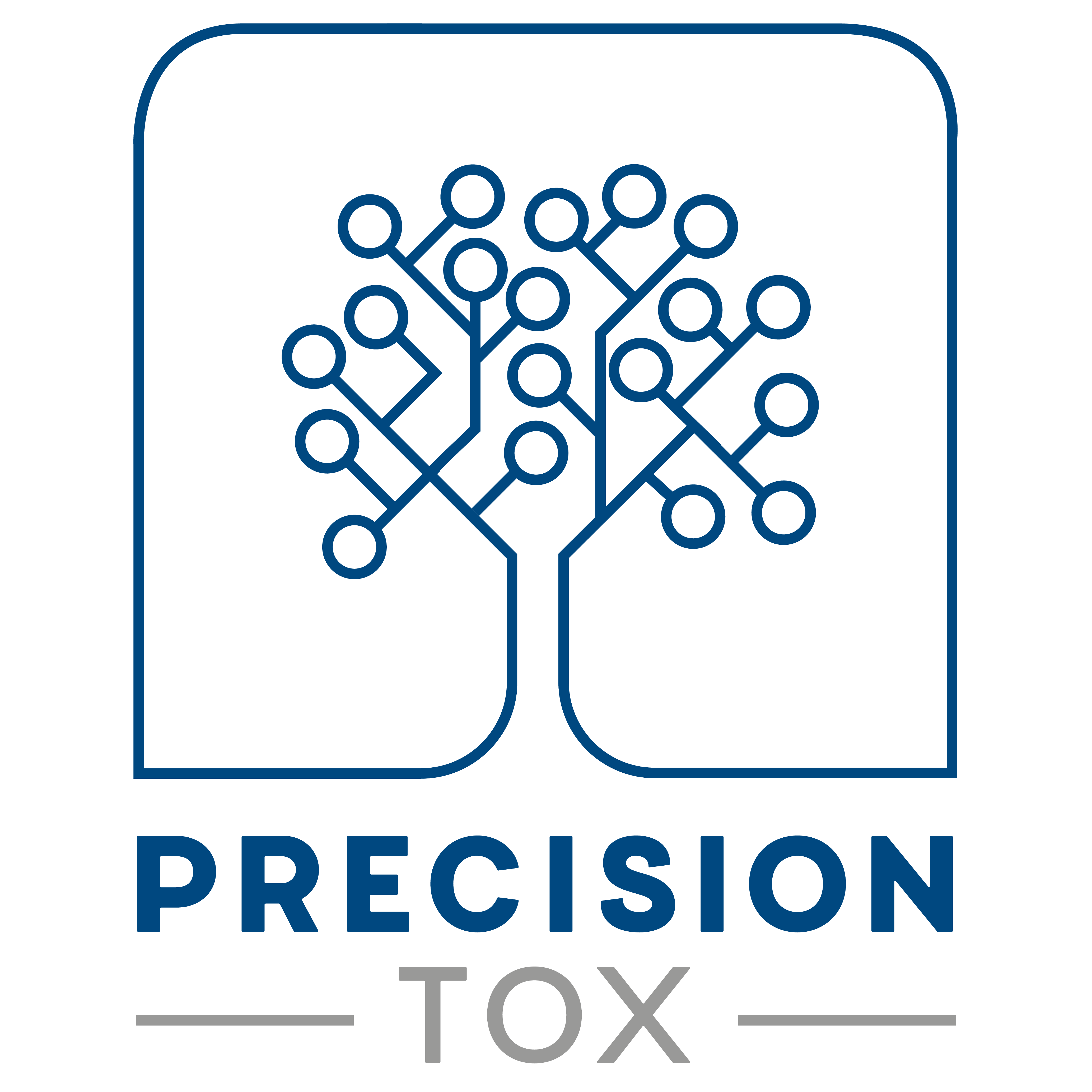Join the ASPIS Academy Webinar on 17.10.2024 from 12:30 to 14:00 for an engaging session with Dr. Leonie Mueller as she explores how science shapes policy and why effective communication is key in toxicology. This interactive presentation will provide early-stage researchers with practical insights and real-world examples on science communication and bridging the gap between science and policy. Don’t miss this opportunity to enhance your understanding and skills in science communication!

Dr. Leonie Mueller
Policy Officer at Altertox Academy and Communication Coordinator for PrecisionTox.
Dr. Leonie Mueller currently works at Altertox Academy, where she works as a policy officer and as the communication coordinator for PrecisionTox. Her work focuses on the translation of science on non-animal methods for hazard and risk assessment in the context of chemical regulation in the EU. Leonie’s background is in ecotoxicology, her academic research focused on mechanistic toxicity of environmental pollutants in the aquatic environment and how in vitro and non-animal in vivo methods can be applied and advanced for chemical risk assessment.
Join Leonie in this interactive session, to increase your understanding of the role of science in policy and politics, and how to navigate this interface as an early-stage researcher.
Thursday
17th October
12:30-14:00
The 21st century has witnessed an unparalleled increase in the advancement of the technology researchers have to their disposal, contributing to science-driven progress and societal well-being. The methods we use, the data we generate as well as the conclusions we draw are becoming increasingly complex and, one might argue, seemingly harder to communicate. Although this is true for all life sciences, it represents a particular challenge for toxicologists, as a large part of toxicology is an application-oriented field where the research outcome contributes to policy and individual decision-making within our society.
This leaves us with the question – what can we do to meet society’s increasing demand for knowledge? How can we ensure that the data we produce and the conclusions we draw are heard and understood by our peers?
This presentation elaborates on the theory and methodological backbone of science communication and science to policy. Join Leonie in this interactive session, to increase your understanding of the role of science in policy and politics, and how to navigate this interface as an early-stage researcher. Introducing the concepts on which science communication is based, Leonie will explore different real-world examples to illustrate how effective 21st century science communication can look like.





